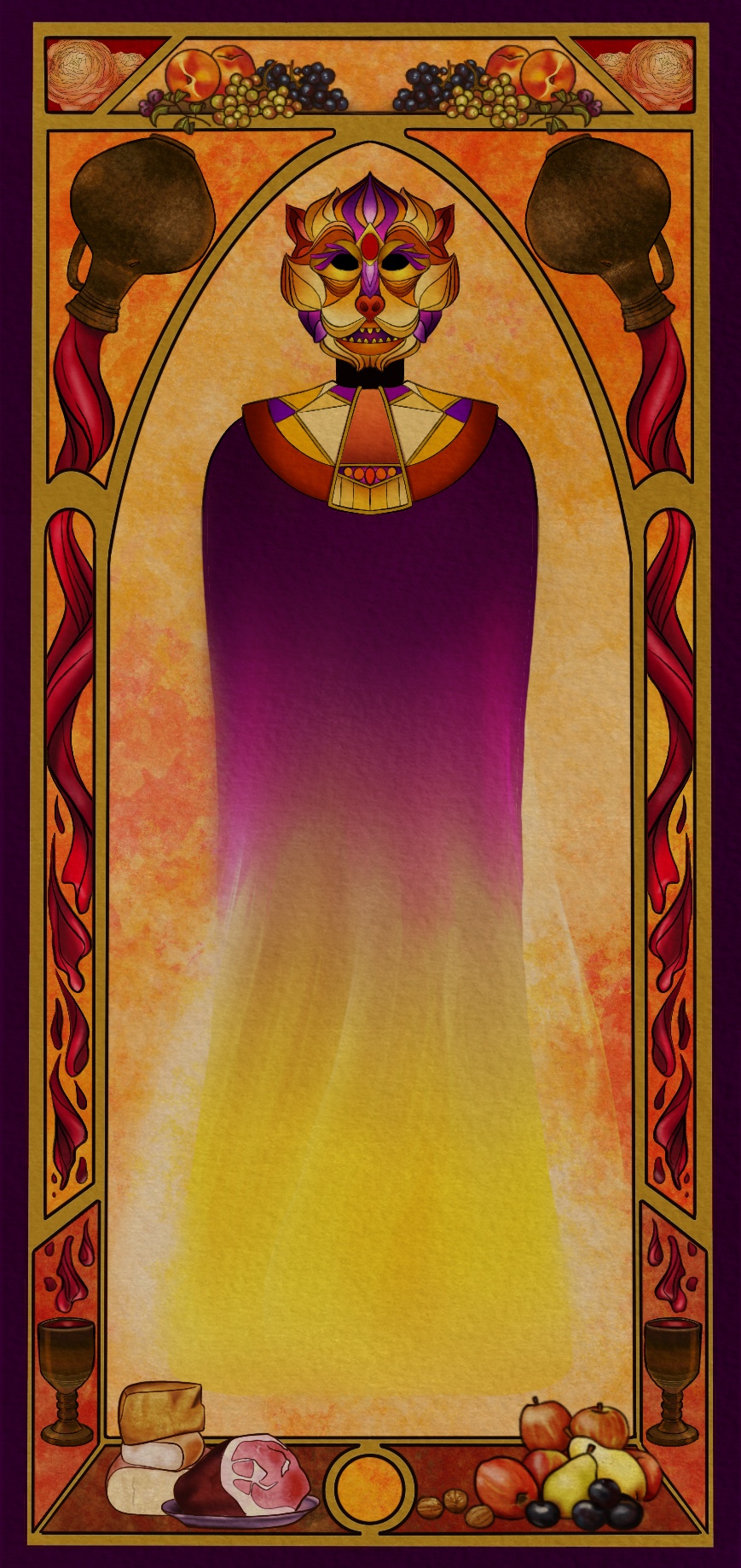GODS AND SPIRITS OF OUDN
The gods of the realm of Oudn are as many and varied as its people.
If they exist at all, they are rarely seen; some may be entirely mythological, some may be long dead, and some may not be truely "gods" at all but beings that are so powerful that the distinction is negligible.
Orc families in Nothokejtag may pray to the Orc mother-goddess Saom the She-Wolf; where as an Orc living on the plains of Sorvagur alongside humans, Dragonborn, and Goliaths would probably focus their worship on the Great Cow Lapos.
Sun Elves in northern Vandorun and Sun Elves in southern Vandorun may pay their devotions to entirely different nature god-spirits, let alone Mountain Elves who have spent a thousand years living in the middle of the Dwarven homeland of Rundar Tor.
However, there are a few gods whose names have been passed around across much of the world. Most people have at least heard of them no matter where you go, and many worship them to a greater or lesser degree. They are the unofficial Pantheon of Oudn.
Hover over their names for more information about each one.
Artist Credit: Jessica Bowen
Wlewā
Wlewā is a goddess of justice, vengence, war, or destruction depending on your point of view. She is unbendingly devoted to the pursuit of justice--but a justice that aligns with her own personal view of morality. If you views and hers align, she is a powerful arbitur of justice. If not, she can be a relentless tormenter. Many swear they have been able to find her and convince her to support their cause as a near unstoppable weapon.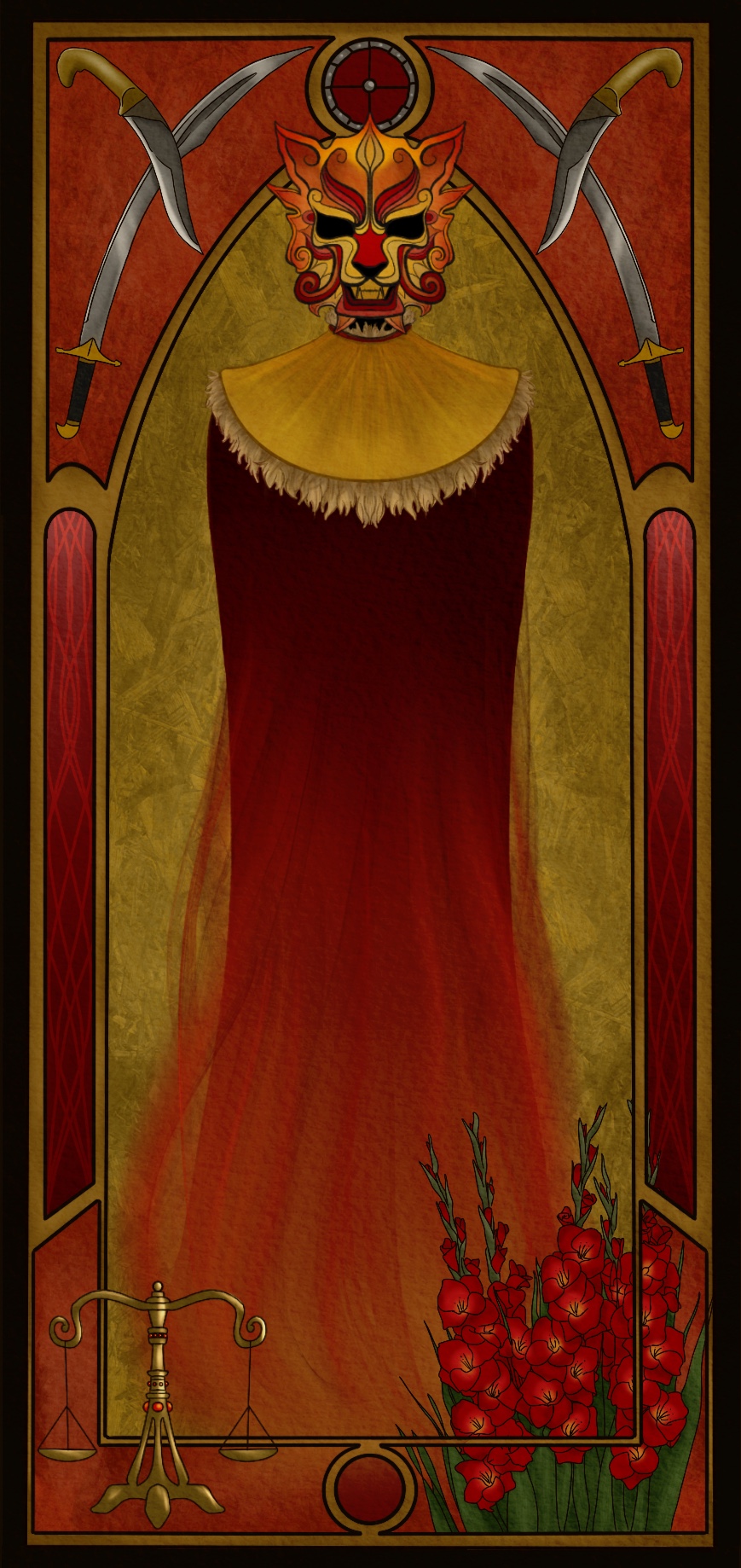
Káwonā
Káwonā is a god of knowledge and learning. Scribes and scholars tend to be devoted to him, though by all accounts, he has not been seen in the Material Plane for centuries. It is said he resides in a great library in a crumbling city lost to time and memory, the lone guardian of ancient and forgotten knowledge.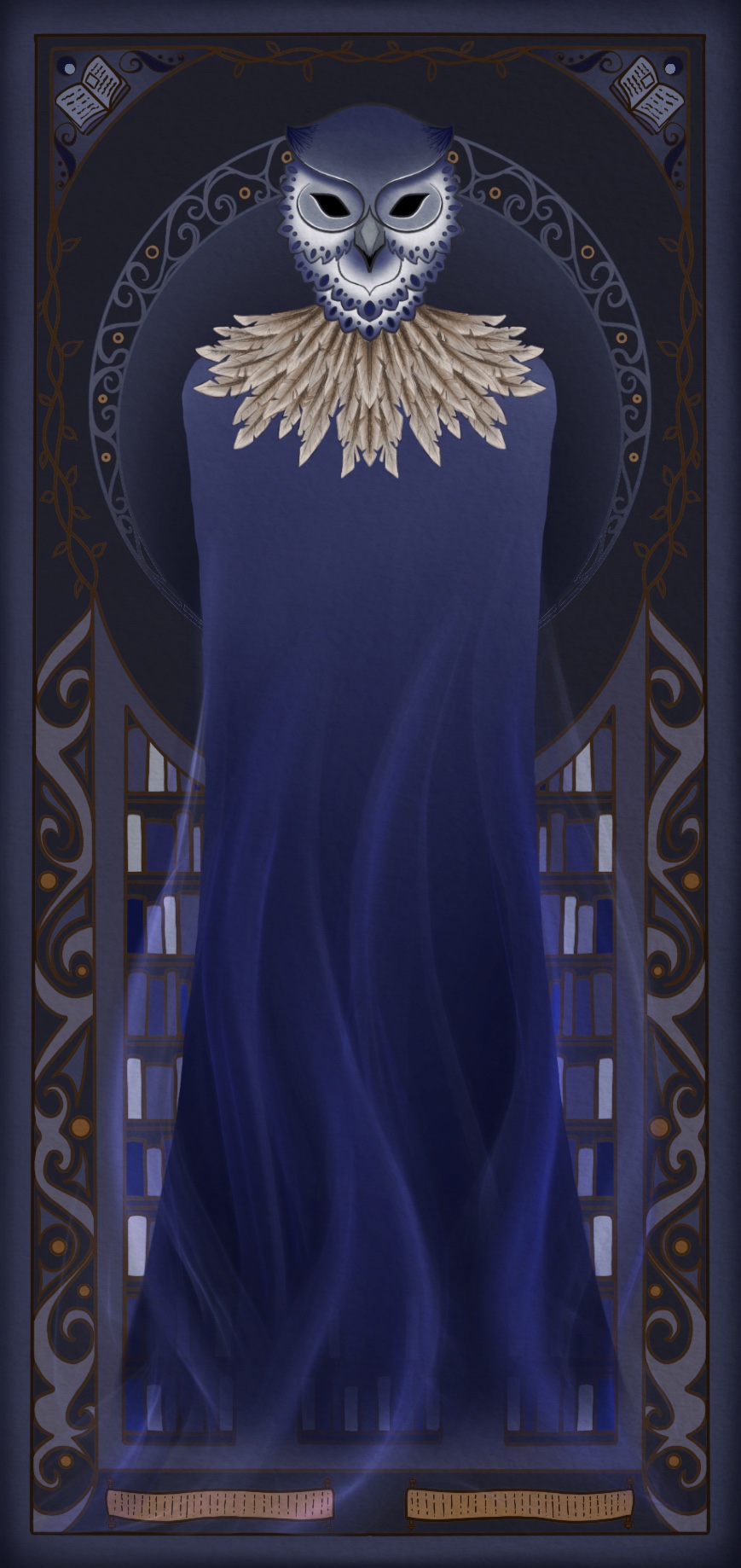
Volpis
Volpis is a trickster god, a god of mischief; deceit; treachery; foolishness; luck; dreamers; schemers; scammers and planners. Nearly every town has different tales of his exploits, and different opinions on whether he's a basically good-natured prankster, or a wicked, scheming agent of chaos. What is known that wherever he goes, strange events are sure to soon unfold. But is he the cause, or is he drawn to turmoil already bubbling under the surface?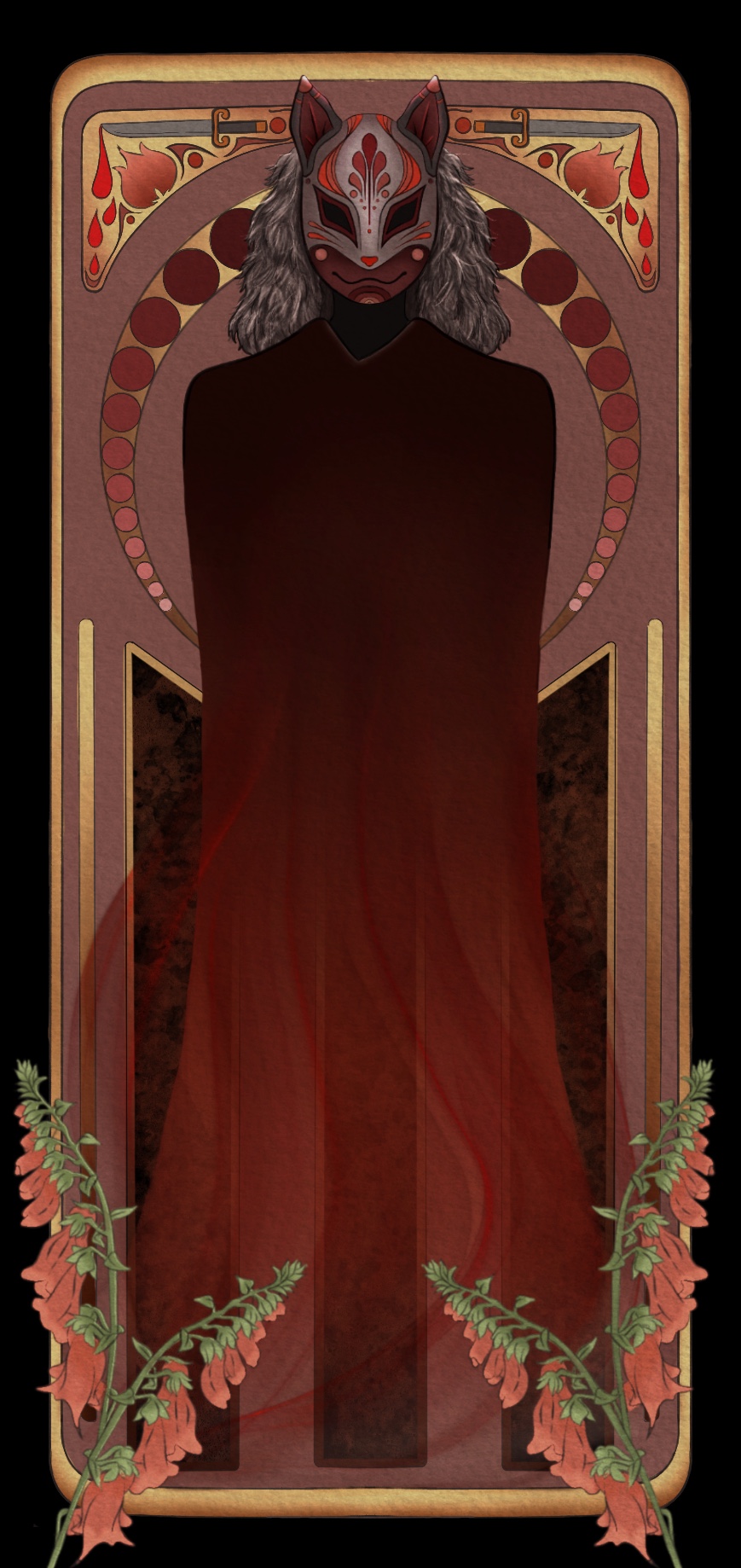
Apros
Apros is a goddess of nature, the wild hunt, of predator and prey in turn. It is said she takes the form of animals and lives, dies, and kills in the hunt in an endless cycle. A rabbit or fox, a stag or wolf, it is all the same to her as long as the chase is thrilling. There are few tales of her interacting with the sentient peoples of the world, but hunters still often make offerings to her from their kills, in case it encourages her to lend them a little fortune in their next hunt.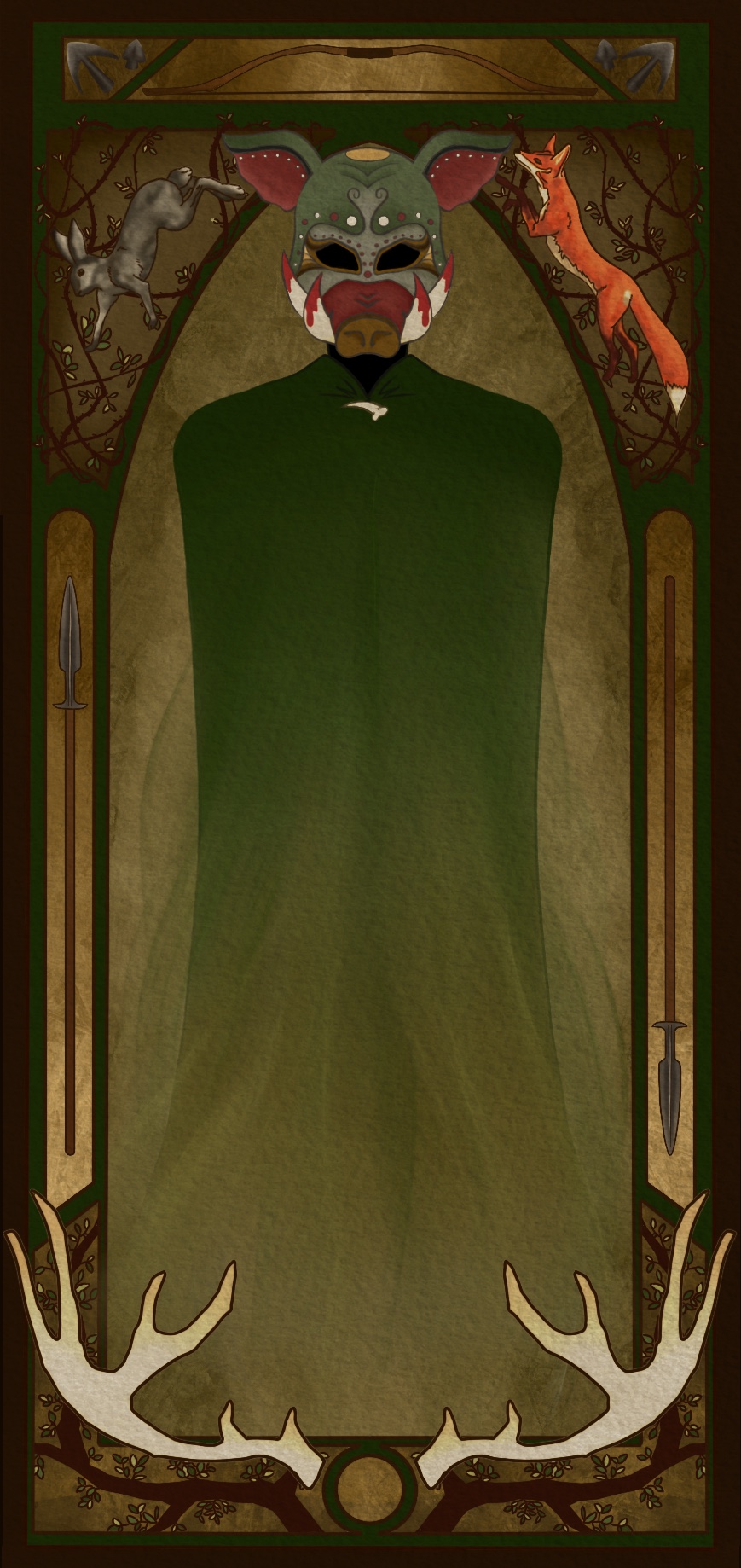
Korwos
Korwos is the god of the arcane arts. Unlike Káwonā his interest lies not in the simple acquisition of magical knowledge, but in the practical application of magic. He is the god of Battle Mages rather than sequestered wizardly scholars, and he smiles favorably upon those who seek the upper limits of their power--to a point.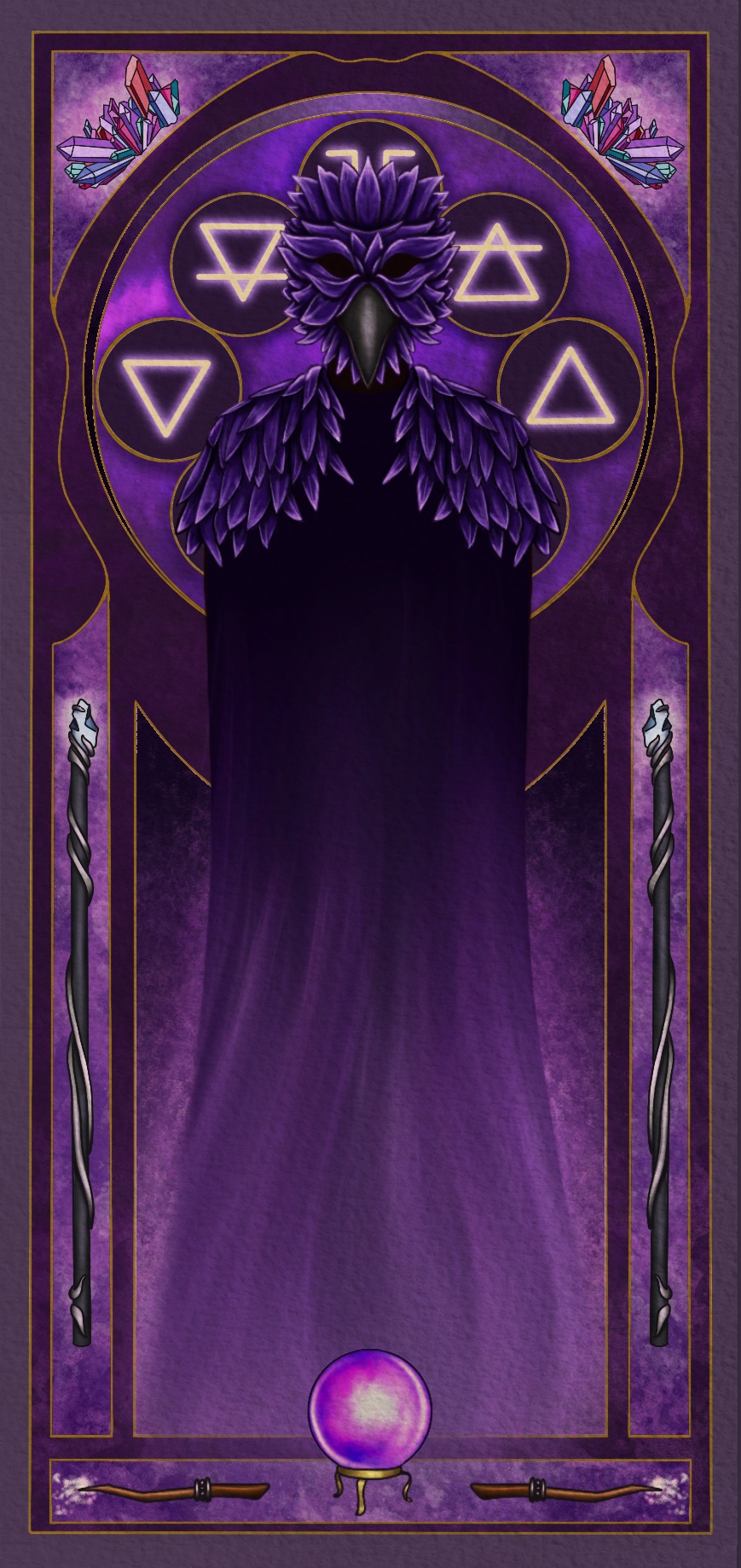
Bherō
Bherō is the goddess of mothers, children, and families as a whole. She is a manifestation of the devotion and self-sacrifice a parent has for a child, as well as the ferocity of a person defending their family. She lends strength in particular to mothers, and is most concerned with the protection of children. She is also considered the goddess of healing magic, in particular medicine and the household remedies.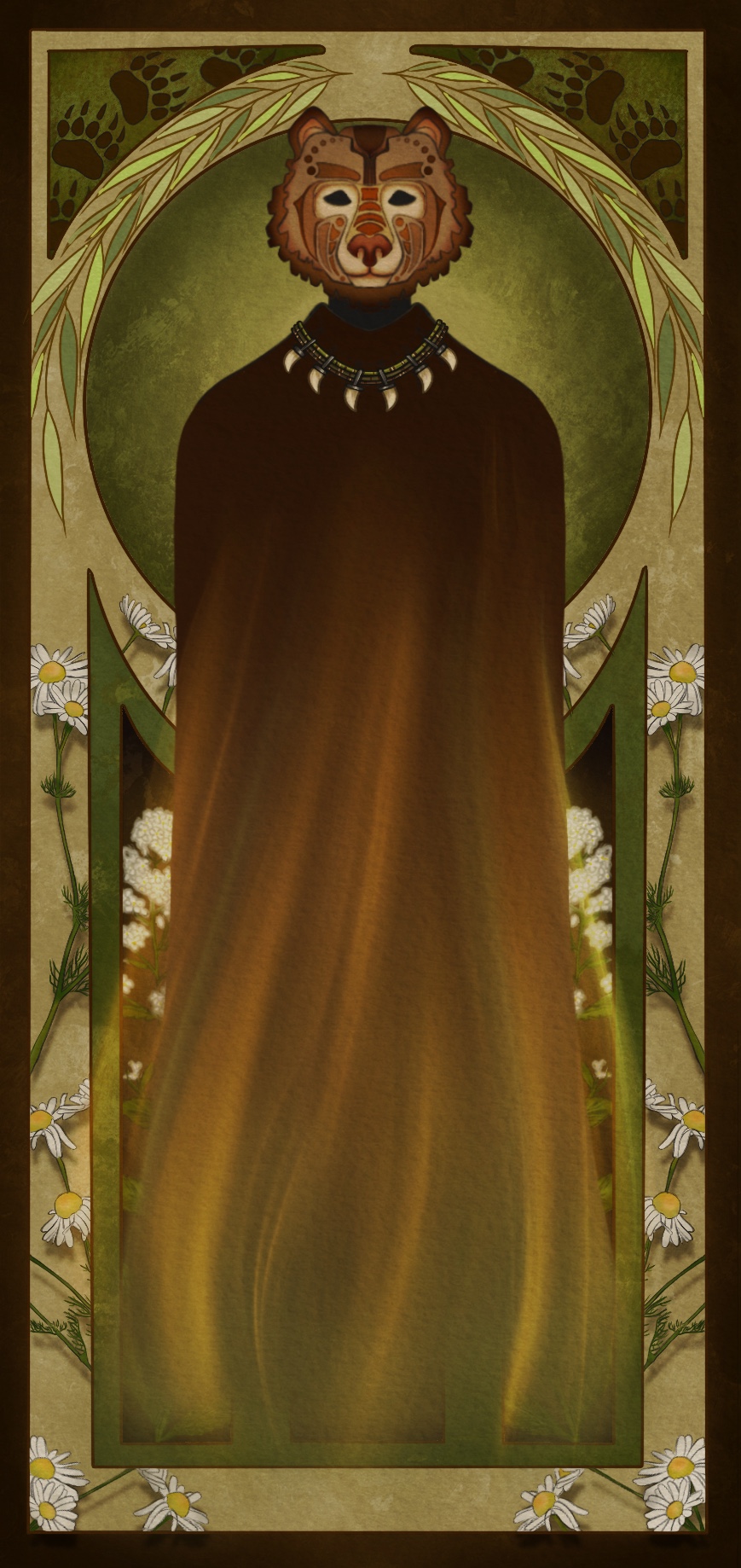
Kremon
Kremon is the god of pleasure. Or indulgence. Or excess. Or hedonism, depending on your point of view. His is a state of mind that values giving into whims and enjoying life to the fullest extent in all its aspects. He is entirely concerned with the now; the consideration of future consequences are rarely considered. For a god that isn't such a problem. For mortals susceptible to hangovers, gout, and STDs, it is more convenient to focus worship of Kremon on festival days. However, as a god of indulgence, he has become associated with the making of alcohol, and so has secondarily become a god of beer, wine, mead, ale, etc. in many regions. Similarly, his association with feasting has led him to be viewed as a god of harvest as well.